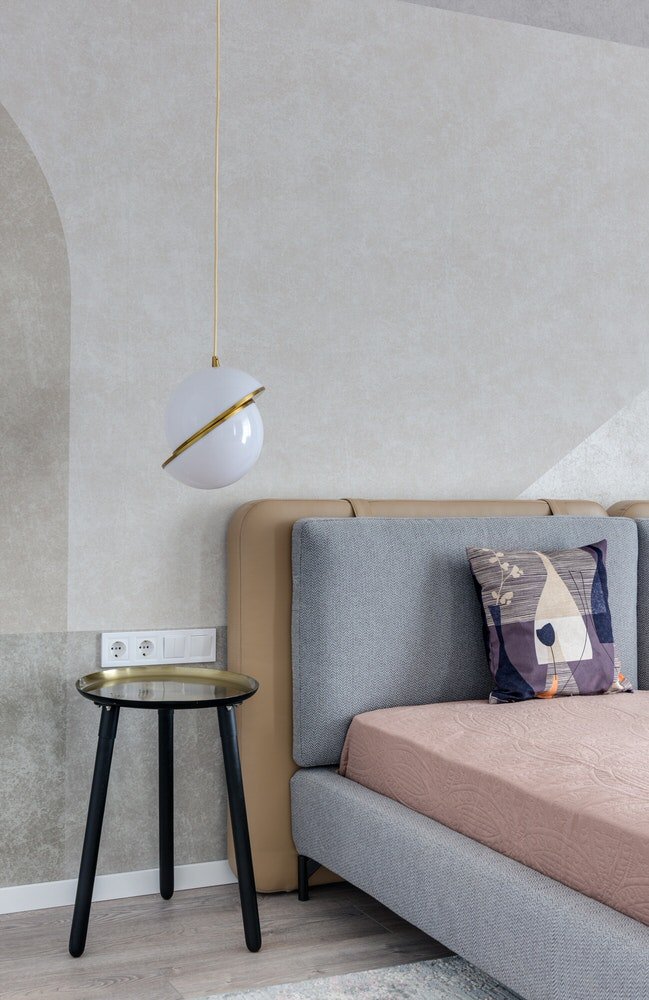Your mattress has a big impact on your quality of sleep. The latest research from one of Britain’s top furniture retailers revealed that firm mattresses seem to be the most sought-after option. But is this really the best choice for us? Dr Ranj, Furniture Village’s sleep ambassador, breaks down the ins-and-outs of mattresses and what makes them all, firm or soft, a worthy investment that guarantees a good night’s sleep. Keep reading to find out how your mattress impacts your sleep.
How Your Mattress Impacts Your Sleep
 Pros & cons of a firm mattress
Pros & cons of a firm mattress
If maximum support is what you need, Dr Ranj recommends a firm mattress. They are less likely to change shape under your weight, making them the preferred choice for heavier people and potentially those with back issues. However, he suggests keeping in mind that “the firmness can mean that there is more pressure applied on pressure points, which could be uncomfortable for some”. Furniture Village mattresses come in a variety of shapes and sizes, meaning you can find one that suits your bed and improves your sleep.
Pros & cons of a soft mattress
Soft mattresses are designed to cushion and contour around your body. Because they adapt to your body shape and weight, they are the perfect choice for people who like the feeling of ‘sinking into the bed’. Dr Ranj advises that “soft mattresses provide the least amount of support and therefore may feel cosy but might not maintain neutral spinal alignment. These mattresses could also have a shorter lifespan, depending on the materials they are made from”.
 The best mattress comfort level for different ailments
The best mattress comfort level for different ailments
Suffering from stiffness, back pain, joint pain, hip pain or bad posture? Here is what Dr Ranj recommends when looking for the right mattress for you and how your mattress impacts your sleep.
Stiffness can be due to several reasons and conditions. Because of this, there is no one-size-fits-all solution, and trying different mattresses before you buy may be helpful when making a choice. However, stiffness can also be very temperature sensitive, so if keeping warm improves your symptoms, then a mattress containing memory foam may help retain heat whilst providing pressure-relieving comfort.
There’s plenty of research into back pain and the best type of mattress to use, but the results are often conflicting. Whilst it’s very much an individual choice, a medium-to-firm pressure mattress is a good place to start for those who suffer from lower back pain (the most common type of back pain).
Hip pain may be worsened by poor spinal alignment and pressure on the hip joint itself. A memory foam mattress may help relieve pressure and maintain a more natural alignment. If memory foam mattresses feel too warm (the foam tends to insulate heat), then try a gel mattress which has similar properties but feels cooler.
Bad posture can be both the cause and result of the spine not being in an ideal alignment (in both forward, back and side planes). However, if you have a medical reason for altered spinal alignment, ‘forcing’ your spine into certain positions may be uncomfortable, so discussing it with your health professional first may be worthwhile.
Finding the mattress of your dreams is vital for a good night’s sleep, but it’s not always easy. However, with help from experts such as sleep ambassador Dr Ranj, you can make the right choice for your needs.

 Pros & cons of a firm mattress
Pros & cons of a firm mattress The best mattress comfort level for different ailments
The best mattress comfort level for different ailments